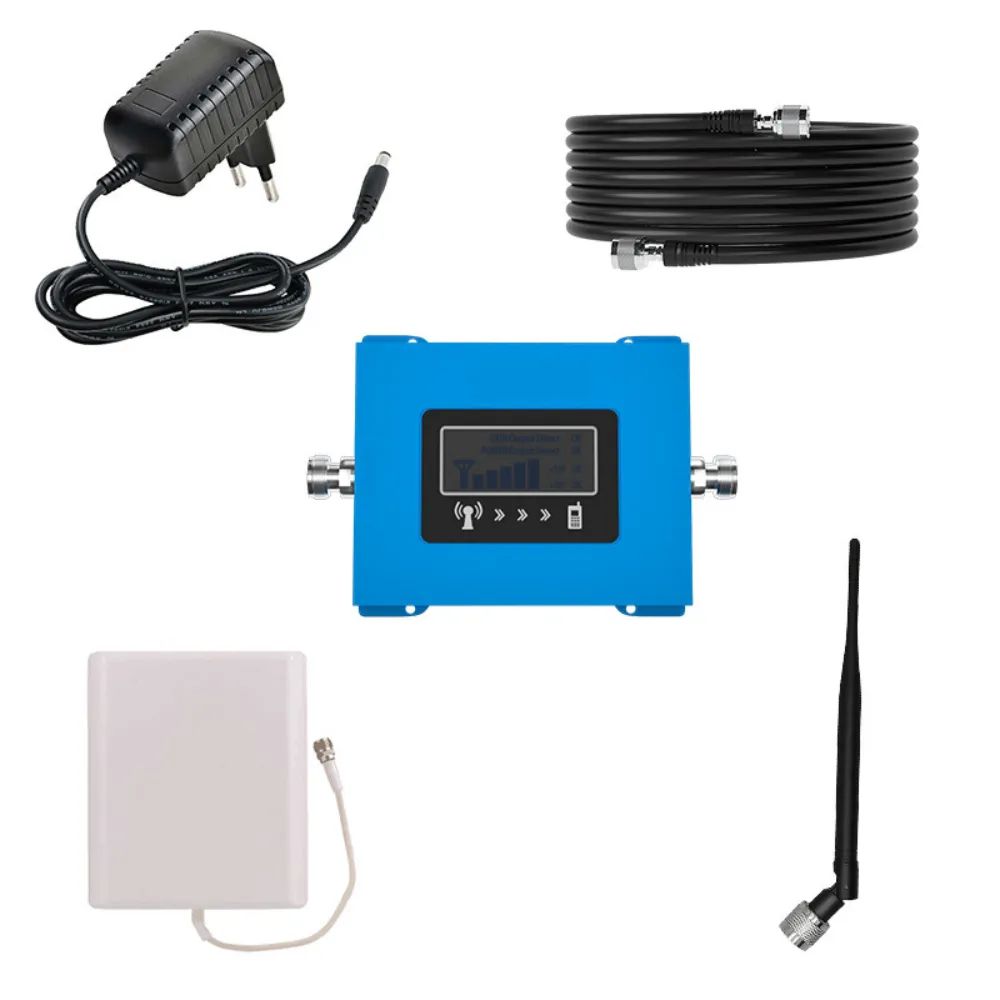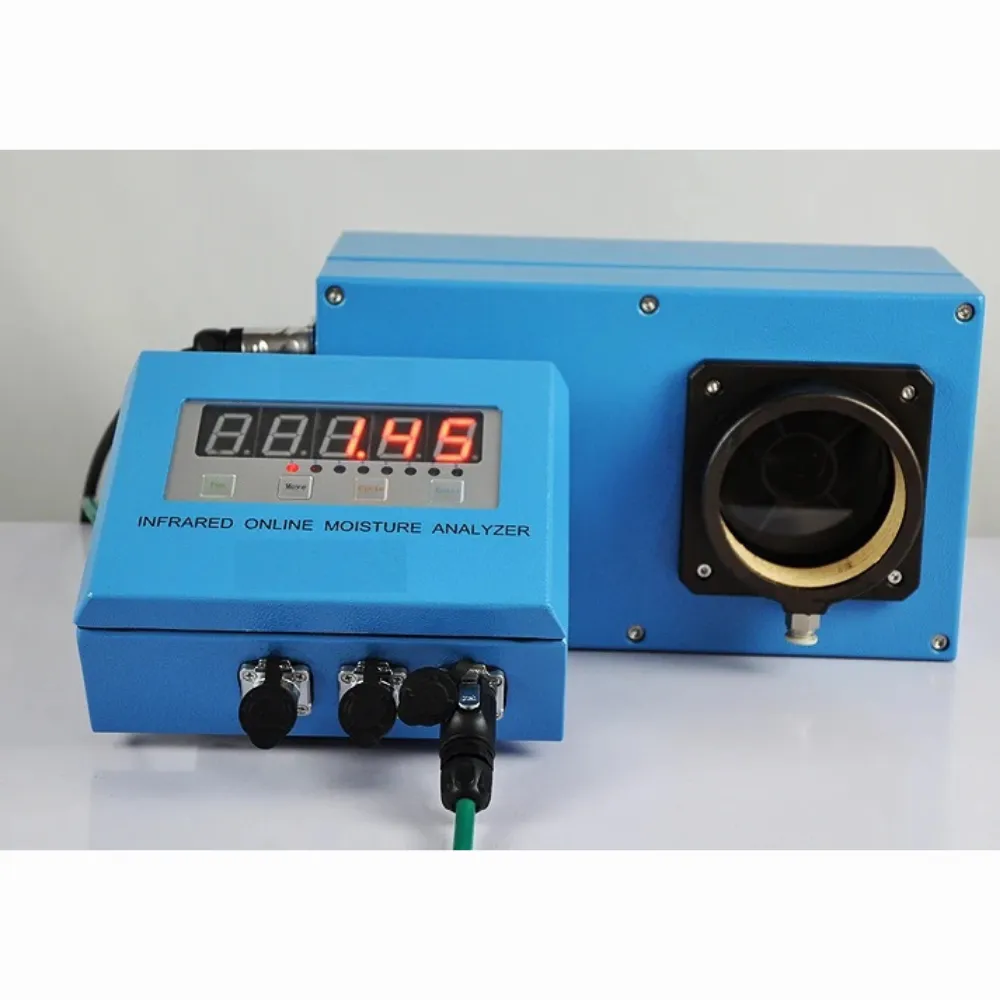
The Benefits of Regular Moisture Meter Readings
Table of Contents
By regularly monitoring the moisture levels in these areas, property owners and managers can prevent costly damage and ensure the optimal growth of plants and crops. In this article, we will discuss the benefits of regular moisture meter readings and how they can contribute to a more sustainable and efficient use of resources.
One of the primary benefits of regular moisture meter readings is the ability to detect and address issues related to excess moisture or dryness. High levels of moisture can lead to the growth of mold and mildew, which can cause respiratory problems for occupants and damage the structural integrity of a building. On the other hand, dry conditions can lead to cracks in walls and foundations, as well as the deterioration of wooden structures. By regularly monitoring moisture levels, property owners can take proactive measures to address these issues before they become more severe.

Another benefit of regular moisture meter readings is the ability to optimize water usage. By understanding the moisture levels in a given area, property owners can make informed decisions about when and how much water to apply. This can lead to significant savings in water usage, as well as a reduction in the overall environmental impact of water consumption. Additionally, optimizing water usage can help to prevent the overwatering of plants, which can lead to root rot and other issues.
Improving Agricultural Productivity
Regular moisture meter readings can also help to improve the overall health and productivity of agricultural lands. By monitoring the moisture levels in soil, farmers can make informed decisions about when to plant and harvest crops, as well as how much water to apply. This can lead to increased yields and a more efficient use of resources, ultimately contributing to a more sustainable agricultural system.

Addressing Soil Compaction
Furthermore, regular moisture meter readings can help to detect and address issues related to soil compaction. Soil compaction can lead to reduced water infiltration and root growth, as well as an overall decrease in soil health. By regularly monitoring soil moisture levels, farmers can identify areas of compaction and take corrective measures to improve soil health and productivity.
Conclusion
In conclusion, regular moisture meter readings offer a wide range of benefits for property owners, farmers, and the environment. By monitoring moisture levels, individuals can address issues related to excess moisture or dryness, optimize water usage, improve the health and productivity of agricultural lands, and detect and address issues related to soil compaction. By taking a proactive approach to moisture management, individuals can contribute to a more sustainable and efficient use of resources, ultimately benefiting both the environment and their bottom line.
Comments
Tags
Frequently Asked Question
The frequency of readings depends on the specific application, but generally, it’s recommended to take readings weekly for buildings and daily or weekly for agricultural purposes, adjusting based on weather conditions and specific needs.
Yes, regular readings can help optimize water usage by indicating when and how much water is needed, potentially leading to significant water savings and reduced costs.
Regular readings help farmers make informed decisions about planting, harvesting, and irrigation, leading to increased crop yields and more efficient resource use.
Yes, regular readings can help detect excess moisture or dryness early, allowing property owners to address issues before they cause significant structural damage, such as mold growth or cracking foundations.
